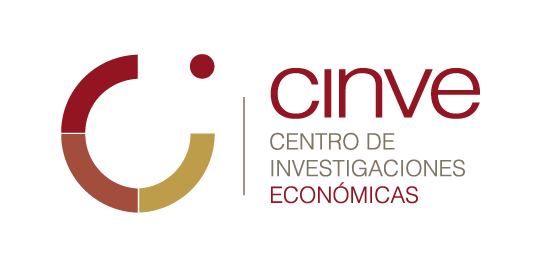Abstract
The aim of this paper is to contribute to the scarce empirical literature that evaluates the effects of public financial support to innovation on innovation innovation and productivity in services. We apply propensity score matching techniques to analyze the impact of public financial support to innovation in Uruguayan firms. We use two waves of innovation surveys that allow us to distinguish between manufacturing and service sector firms. The results indicate that there is no crowding-out effect of private innovation investment by public funds, and that public financial support seems to increase private innovation expenditure effort, particularly in manufacturing. Financial support also induces increase in R&D expenditure and innovative sales, being these effects larger for services. Public funds do not significantly stimulate private expenditures of firms that would carry out innovation activities in the absence of financial support. Probably due to the short time period in which the evaluation was conducted, we found little evidence of an effect on applications for patents and productivity.
